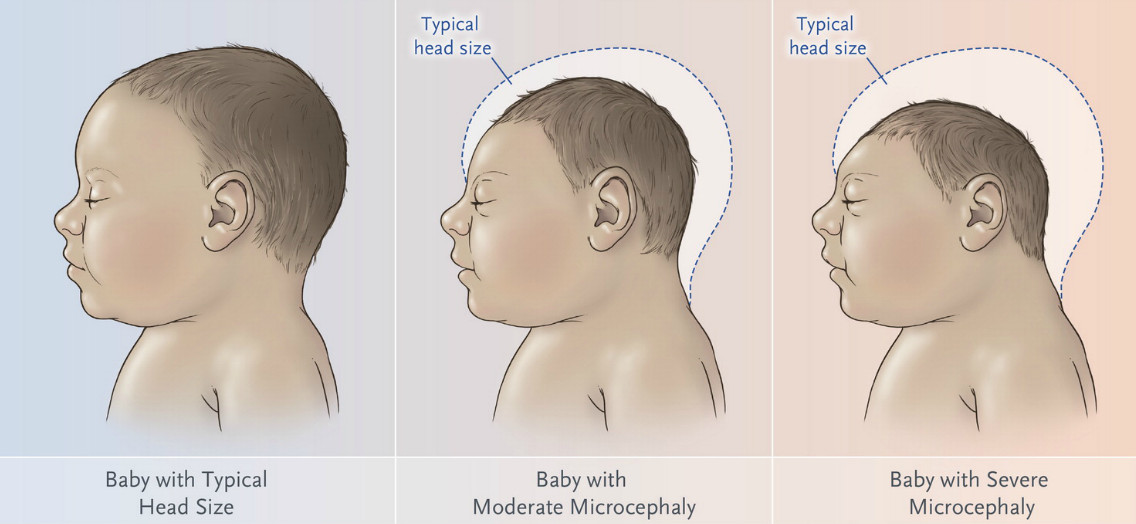The infamous Zika Virus has been on the rise ever
since the recent outbreak which began in 2015. Ever since, it has spread around
the globe through Africa, Asia, South America, and North America. The Zika
Virus is transmitted by mosquito bites. Further, the virus is sexuallytransmitted. The symptoms of the Zika Virus are headaches, fever, bloodshot
eyes, rashes, muscle pain, and joint pain. In pregnant women, the child can be
born with an abnormally small-sized head and will show the same symptoms
previously listed. The infant can be tested for Zika using
reverse-transcriptase polymerase chain reaction or serologic testing. Serologic
testing is a method that looks to see if there are antibodies present in the
blood.
Primarily, scientists
studied animals that were naturally resistant to the virus. Then, they decided
to work with animals that were susceptible to the virus. Scientists first injected
these animals with the virus to ensure they were infected. Next, the scientists gave the animals a
synthetic, DNA-based vaccine that they developed. The vaccine has shown to
produce antigen-specific antibodies and T cell responses that prevented the
virus from infecting the organism. The virus was neutralized by the vaccine and
caused no damage to the organism. Through this vaccine, the virus was unable to
spread to the animal’s brain. This is what causes the abnormally small-sized
head in infants infected with Zika. These animals were then injected with the
virus again and still no change was observed. This result was seen in one
hundred percent of the animals used in the study.
Currently, the DNA-based
vaccine is being administered in two human clinical studies. It is so great to
see what the power of genetic engineering can accomplish. The scientists were
able to produce a synthetic strain of DNA to use in the vaccine produced. It is
very interesting to me how they knew which base pairs to use and what DNA
sequence would fight against the virus. Additionally, I am curious if they used
a desired DNA sequence that codes for a specific protein needed to inhibit the virus
from attacking the organism. Zika has, and still is, affecting so much of the population
around the world. Scientists being successful with the vaccine on the human
studies will help many individuals to be safe from the destructive disease.

I'm surprised more people are not talking about this finding considering Zika was such a prominent issue just a couple of months ago. It's amazing how quickly scientists can come up with solutions to issues like this. I can't wait to hear more about this study, hopefully they find similar results in the human trials.
ReplyDelete